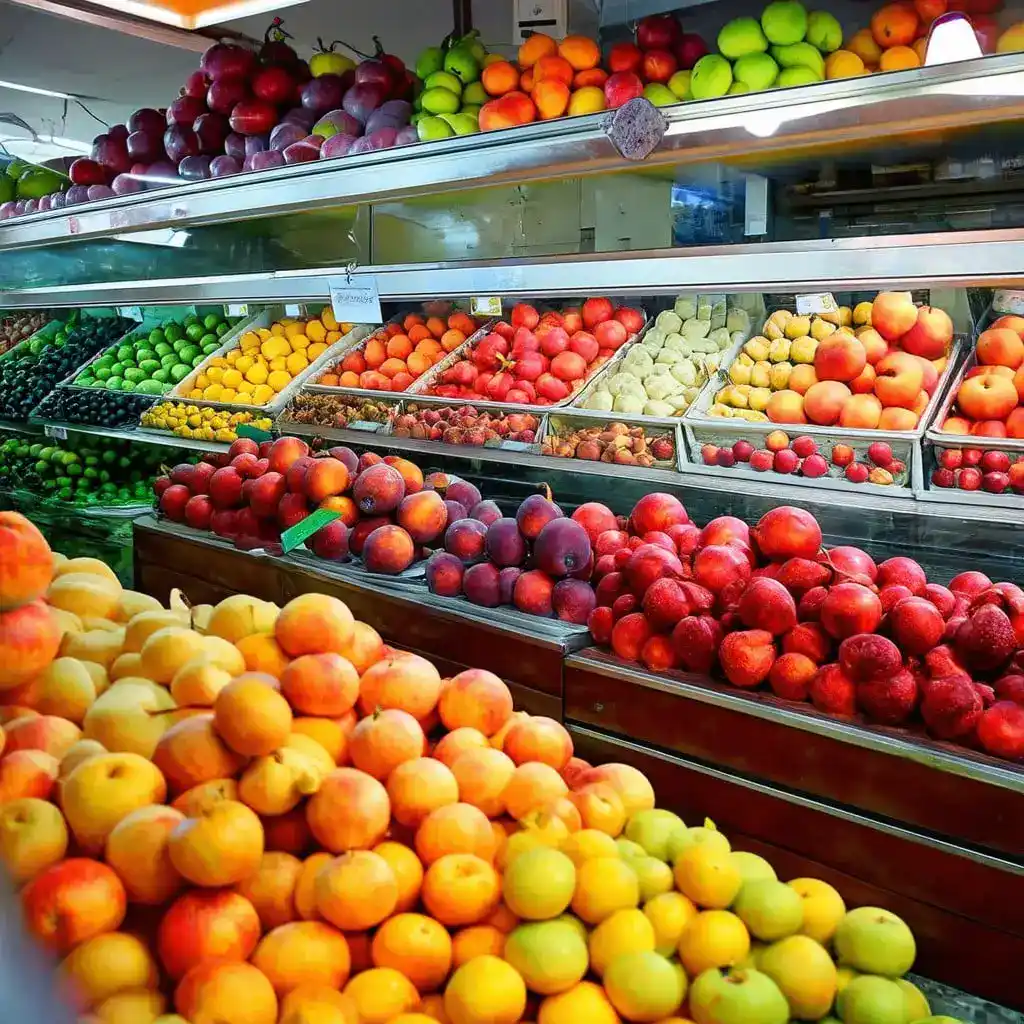Starting a fruit parlor business in Kenya presents a promising opportunity due to the country’s favorable climate for fruit cultivation, growing health-conscious consumer trends, and urbanization.
Here’s a detailed analysis to help you understand the potential and key considerations of starting a fruit parlor business in kenya:
1 Market Opportunity
- Growing Health Consciousness: Many urban Kenyans, especially in cities like Nairobi, Mombasa, and Kisumu, are adopting healthier lifestyles, with fruits being an essential part of their diets. Smoothies, fruit salads, and fresh juices are gaining popularity among middle-class consumers.
- Tourism and Expatriates: Kenya’s strong tourism sector offers an additional market, especially in tourist hubs like the coastal regions and around the Maasai Mara. Tourists and expatriates often prefer fresh and healthy food options, making fruit parlors a good fit.
- Favorable Climate for Fruit Cultivation: Kenya is known for producing high-quality tropical fruits like mangoes, pineapples, avocados, and bananas. Local sourcing of fruits is not only cost-effective but also supports local farmers.
- Urbanization and Convenience: With more people living in cities, there is a demand for quick and convenient food options, including fresh fruit products. Fruit parlors can cater to this need, especially in busy urban centers or near offices.
2 Key Considerations for Starting the Business
- Target Market:
- Location:
- Prime locations for fruit parlors include malls, busy streets, office complexes, gyms, and near universities. The location should attract high foot traffic from your target audience.
- Product Offerings:
- Fresh Fruit Bowls: Serve popular fruits like mangoes, pineapples, watermelons, and bananas. Offering customized bowls with toppings like nuts or granola can be a hit.
- Smoothies and Juices: Blended fruit smoothies or freshly squeezed juices are a major draw, especially during hot weather.
- Fruit Salads: Offer pre-packed or made-to-order fruit salads for busy customers.
- Healthy Snacks: You can also sell fruit-based snacks like dried fruits, fruit yogurts, or parfaits.
- Pricing Strategy:
- Since fruit parlors target both middle-class and high-end consumers, pricing should reflect the quality and location. Offering different sizes or portions at varying prices allows for flexibility.
- Provide special deals such as combo offers (e.g., smoothie + salad) or loyalty programs to encourage repeat customers.
- Sourcing:
- You can source fruits locally from farmers or wholesale markets. Partnering with local farmers ensures a steady supply of fresh fruits while supporting the local economy.
- Some fruits, especially seasonal or exotic ones, may need to be imported, depending on customer preferences.
- Licensing and Regulations:
- To run a fruit parlor, you’ll need a business license from the Kenya Revenue Authority (KRA).
- Food handling licenses and health certificates for staff are also required, along with routine inspections to ensure hygiene standards.
- It’s essential to comply with local regulations on food safety and health standards to avoid fines or shutdowns.
- Marketing Strategy:
- Social Media: Platforms like Instagram and Facebook are ideal for marketing visually appealing fruit dishes. You can post photos of your colorful fruit salads and smoothies to attract health-conscious consumers.
- Partnerships: Partner with local gyms, fitness clubs, or wellness influencers to promote your products.
- Delivery Services: In collaboration with delivery platforms like Glovo or Uber Eats, offering fruit delivery can broaden your market reach.
- Sustainability: With the increasing focus on eco-friendly business practices, you could adopt sustainable packaging solutions, such as biodegradable cups and bowls, to appeal to environmentally conscious customers.
3 Challenges to Consider
- Seasonality: Some fruits are only available during specific seasons, which might affect your product offerings or costs.
- Competition: There may be existing fresh fruit vendors, juice bars, or cafés offering similar products. Differentiation through unique flavors, high-quality service, or ambiance is key.
- Price Fluctuations: The price of fruits can fluctuate, especially during the off-season or due to supply chain disruptions. Building relationships with multiple suppliers can help manage this risk.
4 Financial Overview
- Startup Costs:
- Rent: Depending on the location, rent can range from KSh 20,000–100,000 per month in urban areas.
- Equipment: Blenders, refrigerators, display counters, and juicers may cost around KSh 100,000–200,000.
- Staff: Budget for at least 2–3 employees (including chefs and cashiers), with average monthly salaries of KSh 15,000–30,000 per staff member.
- Licenses and Permits: These could total around KSh 20,000–30,000 depending on the county.
- Revenue Potential:
- Based on the pricing of fruit bowls (KSh 200–500), smoothies (KSh 250–500), and juices (KSh 150–350), daily sales of around 50–100 orders could bring in KSh 15,000–30,000 a day.
- Monthly revenues could range from KSh 450,000–900,000, depending on location, pricing, and foot traffic.
5 Conclusion
The fruit parlor business in Kenya has a lot of potential, particularly in urban and tourist areas.
By focusing on health trends, offering a variety of fresh products, and leveraging local sourcing, you can establish a sustainable and profitable business.
Would you like more information on marketing strategies or customer behavior in Kenya’s food and beverage sector? 🍍🥭

